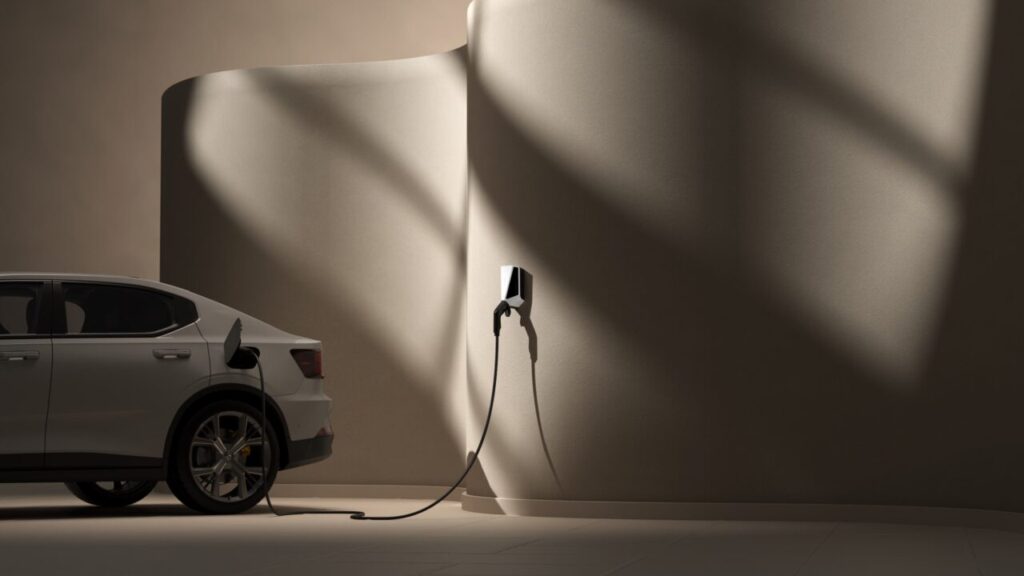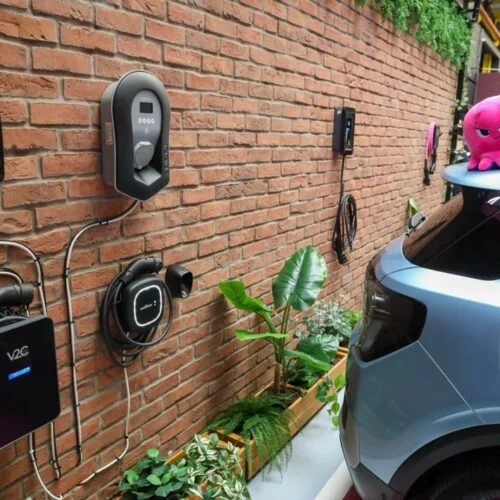Smart EV charging firm Easee has announced it has joined the Mercury Consortium’s new initiative to develop grid-ready standards for EV charging, alongside the Electric Power Research Institute (EPRI).
The Mercury Consortium recently unveiled a set of preliminary technical requirements for EV chargers at an event in New York City; these draft guidelines are designed to ensure that chargers can respond to grid signals, support demand flexibility and give consumers more control over their energy use. The consortium is releasing its draft EV charger requirements in order to collect input from a broad range of stakeholders before finalising its set of requirements later this summer.
The EPRI is a US-based non-profit organisation that conducts research and development support across all electric power sectors and is primarily funded by contributions from US power companies and utilities. Alongside Kraken, the smart energy platform created by Octopus Energy, the EPRI launched the Mercury Consortium in December 2024 to bring together utilities, aggregators, technology providers and manufacturers to ensure that the growing demands on the US power grid from electrification can be met.
Easee is one of the first EV charger firms to join the Mercury Consortium and support the new EV charger guidelines. Other EV charger firms that have agreed to adopt the new requirements for EV chargers once they are finalised include Zaptec and GivEnergy.
The Mercury Consortium states that EV chargers built to the organisation’s technical requirements will be able to more easily integrate into utilities and distributed energy resource aggregators and thus provide greater flexibility to the grid. The consortium notes that this will allow utilities to mitigate grid stress and thus reduce generating costs.
Serge Subiron, CEO of the Mercury Consortium, said that the organisation’s goal is to ensure that “every energy device — from EV chargers and EVs to home batteries, heat pumps, solar inverters, smart thermostats and water boilers — is built grid-ready by design”. Subrion also noted that the development of a standard framework for EV charger standards will provide regulators and markets with the necessary clarity to rapidly scale grid flexibility.
EPRI executive vice president and Mercury Consortium board member Rob Chapman noted that consumers are expected to purchase over 200 million devices like EV chargers, home batteries, and heat pumps by the year 2030. He added: “Interoperability is the key to unlocking a flexible, integrated energy system.”






